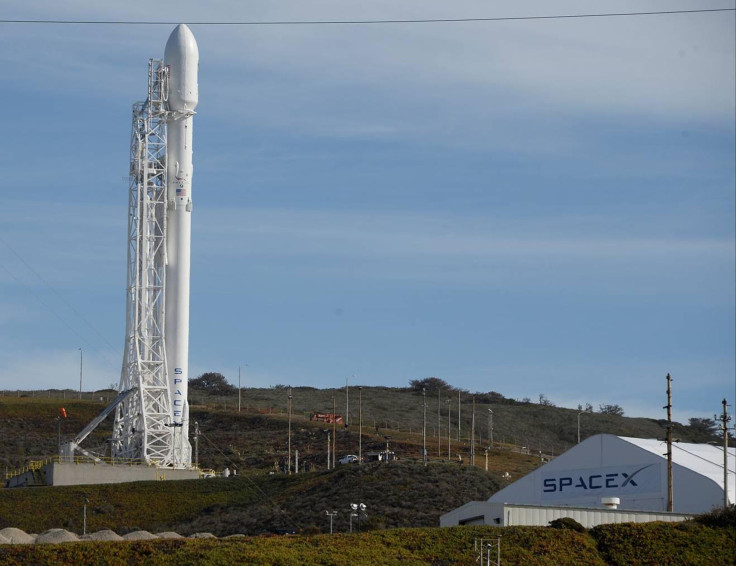SpaceX Plans Satellite Network For Global Internet Coverage

Of the few thousand satellites that have been launched into space by humankind since the first — Sputnik I by Russia — in October 1957, just over 1,400 are estimated to be still operational. And now, billionaire entrepreneur Elon Musk wants to add another 4,425 to that orbiting mass.
In an application filed with the Federal Communications Commission on Tuesday, Musk’s commercial space launch company SpaceX sought permission to launch a massive constellation of satellites that will provide high-speed internet coverage to the entire planet.
In the technical documents with its filing, the company said: “The system is designed to provide a wide range of broadband and communications services for residential, commercial, institutional, government and professional users worldwide.”
The plan envisages the launch of 1,600 satellites in the first phase, of which about 800 would expand and improve internet coverage over the United States, including Puerto Rico and the U.S. Virgin Islands.
“With deployment of the first 800 satellites, SpaceX will be able to provide widespread U.S. and international coverage for broadband services. Once fully optimized through the Final Deployment, the system will be able to provide high bandwidth (up to 1 Gbps per user), low latency broadband services for consumers and businesses in the U.S. and globally,” the company said.
That 1 Gbps speed would be a massive improvement over current average speeds, which was 5.6 Mbps at the end of 2015, according to Akamai’s “State of the Internet” report.
Each of the satellites in the proposed constellation will weigh roughly 850 lbs and will orbit Earth in a range of altitudes, starting from about 715 miles and going up to 820 miles. That is much smaller, lighter and lower than the big communication satellites currently in operation. SpaceX will use both its Falcon 9 and Falcon Heavy rockets for the launches, and the satellites will last between 5 and 7 years, following which they will decay within a year.
The latest FCC filing did not provide a cost estimate for the entire project but Musk has previously said it would cost at least $10 billion.
The world’s first private commercial space launch company put its flights on hold after a Sept. 1 explosion of a Falcon 9 rocket which was being refueled on its launch pad in Cape Canaveral, Florida. That explosion also destroyed an AMOS-6 communications satellite that Facebook was to use to provide internet coverage over Africa. The company says it is close to identifying the exact cause of the explosion, and hopes to resume operations in December.
© Copyright IBTimes 2024. All rights reserved.











